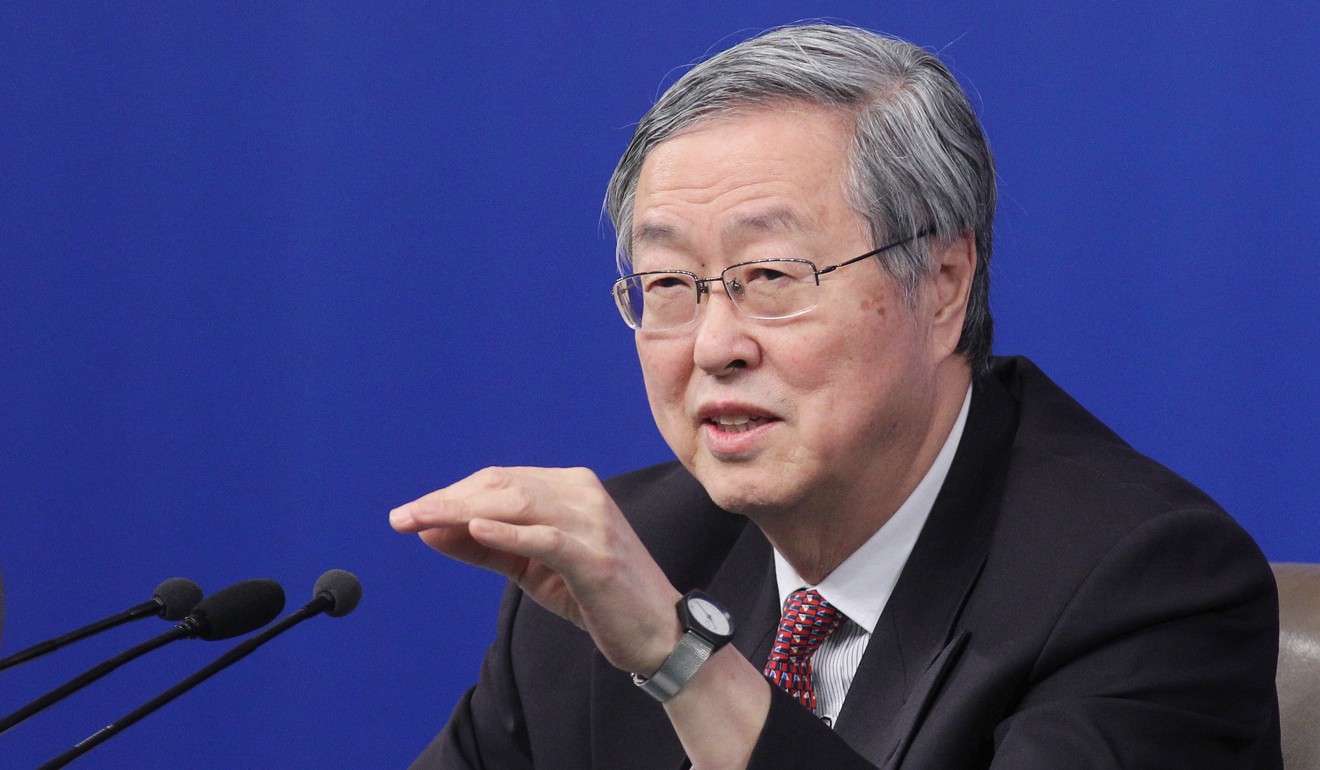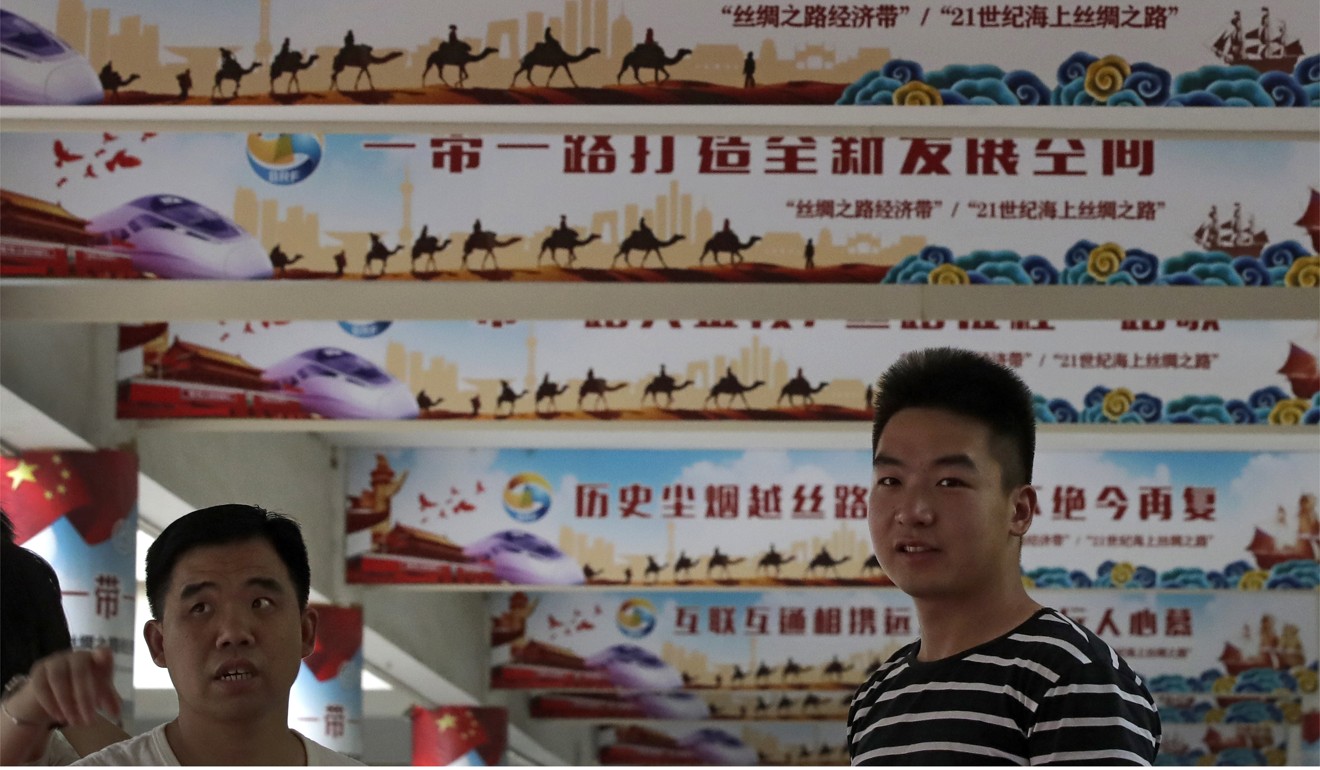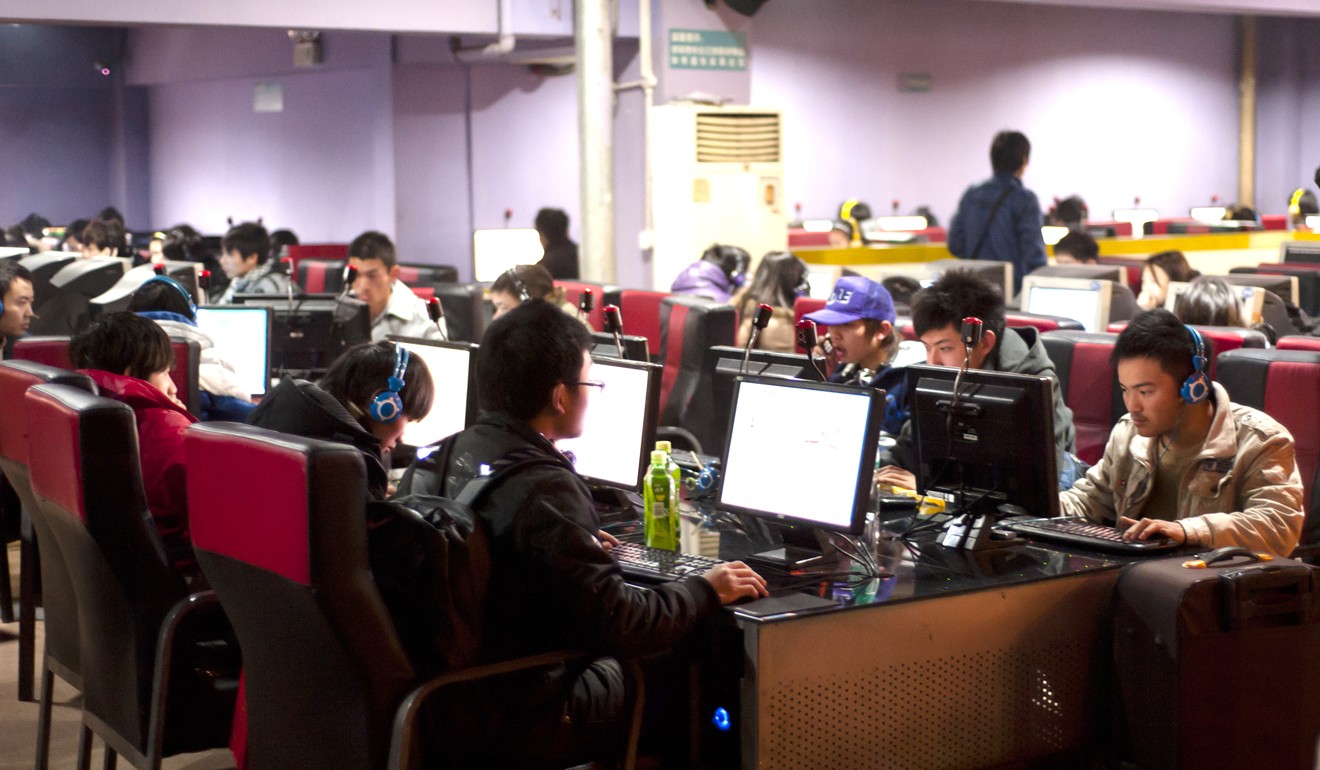
China’s belt and road plan can help shape future of globalisation, ex-central bank chief says
- In the past, developed countries took the lead, but emerging economies now account for a growing share of international trade, and the global supply of funding and investment, Zhou Xiaochuan says
China’s trade and infrastructure development plan known as the “Belt and Road Initiative” could help to shape the future of globalisation, but it is too early to say how big an impact it will have on international trade, according to the former boss of its central bank.
Speaking on Saturday at the annual conference of the International Finance Forum (IFF) in Guangzhou, Guangdong province, Zhou Xiaochuan said the scope and focus of globalisation had changed, and projects under the belt and road plan would “bring about [new] rules”, although he admitted they were “still in the initial stage”.
Beijing has oversold benefits of US$62 billion China-Pakistan Economic Corridor, expert says
His comments come at a time of increased debate on the future of globalisation as cross-border money flows have dipped and countries that once championed open trade, such as the United States and Britain, have adopted a more inward-looking stance.
“Some countries are … reluctant to see the further development of globalisation and want to scale it back,” Zhou said, without naming any nations.

Zhou, who is chairman of the Beijing-based IFF, whose annual global conference had the theme “New Globalisation”, said many factors were shaping the future of globalisation.
While in the past, developed countries took the lead, emerging economies now accounted for a growing share of international trade, and the global supply of funding and investment, he said.
“It is the rise of the emerging economies … with their adapted market economy development strategies … they are adding more weight to international trade,” he said.
Beijing’s belt and road plan was also helping to change the global flow of capital for investment, Zhou said.

In the past, developing countries depended on Western nations for funding, but now emerging economies, especially in East and Southeast Asia, have their own capital and are becoming lenders themselves.
“We say saving has an effect on investment … so the ‘Belt and Road Initiative’ is not just about trade but also financing and investment,” he said.
Zhou said that China would look to work with international groups such as the World Trade Organisation, International Monetary Fund and the G20 on forming the new rules for globalisation, which should also consider the expansion of the Beijing-led Asian Infrastructure Investment Bank.
“The belt and road plan will certainly be a highlight when [such groups] create the new rules,” he said.
While political and financial leaders at the conference expressed their concerns about the apparent retreat of globalisation, and corresponding rise of unilateralism and protectionism, they were unclear on what shape the new global order might take.
“We are at a key moment,” said Jose Manuel Barroso, a former president of the European Commission and ex-prime minister of Portugal. “The old order is no longer there, but there’s no new order yet.”
China promises more economic aid for Pakistan, but won’t yet commit to specific pledges
It was also possible that the current competition seen on trade would grow to other areas, such as technology. Instead of a single, global internet, there might one day be several, he said.
While he did not name China, Beijing has erected a firewall to control internet use in the country, although activity within it is vibrant.

On the belt and road plan, Barroso said he supported all measures to improve connectivity as long as they were multilateral and transparent.
“The flow has to be from both sides … and have the support of all those involved,” he said.
The trade war between the US and China has fuelled uncertainty about the future of globalisation around the world. Washington has demanded Beijing improve market access and intellectual property protections for American firms, cut industrial subsidies and reduce a US$375 billion trade gap. US President Donald Trump has imposed tariffs on US$250 billion of Chinese imports in an effort to force concessions and threatened to increase them to all Chinese imports.


